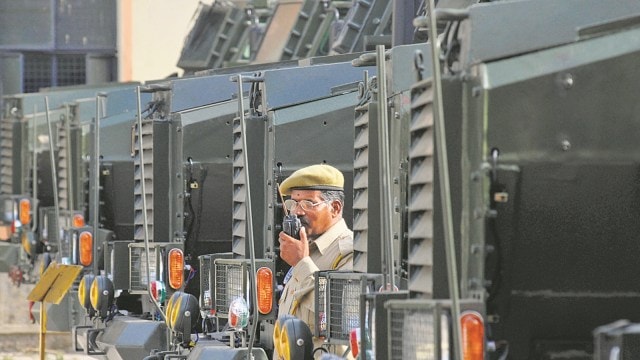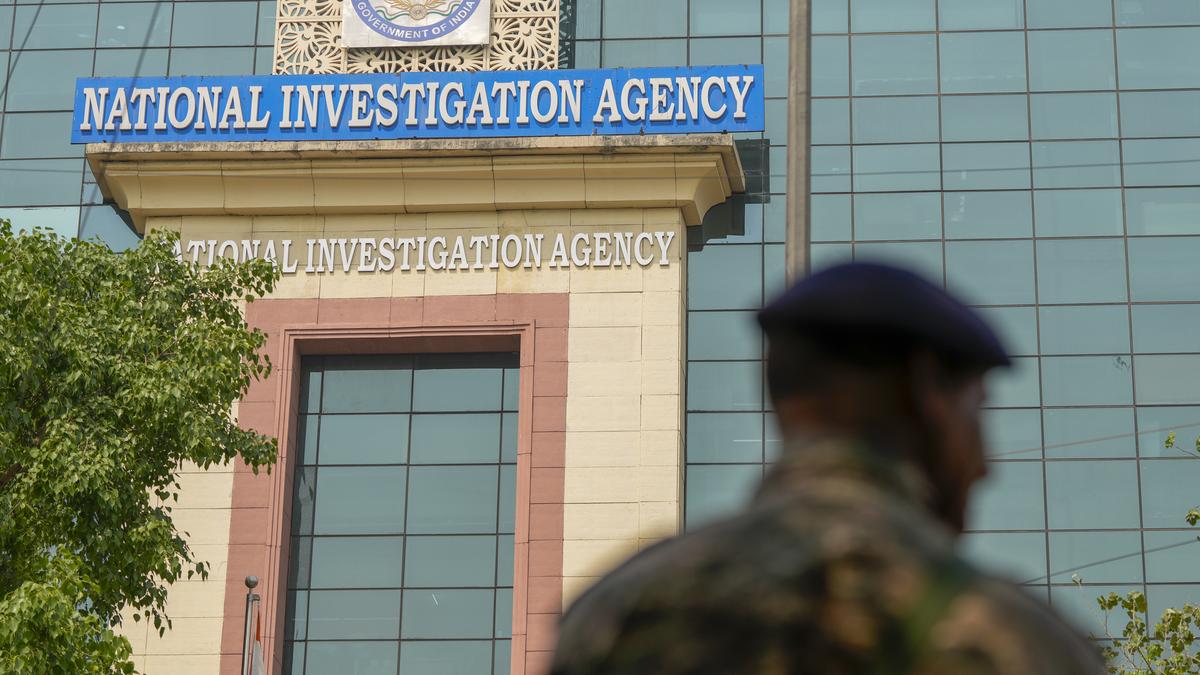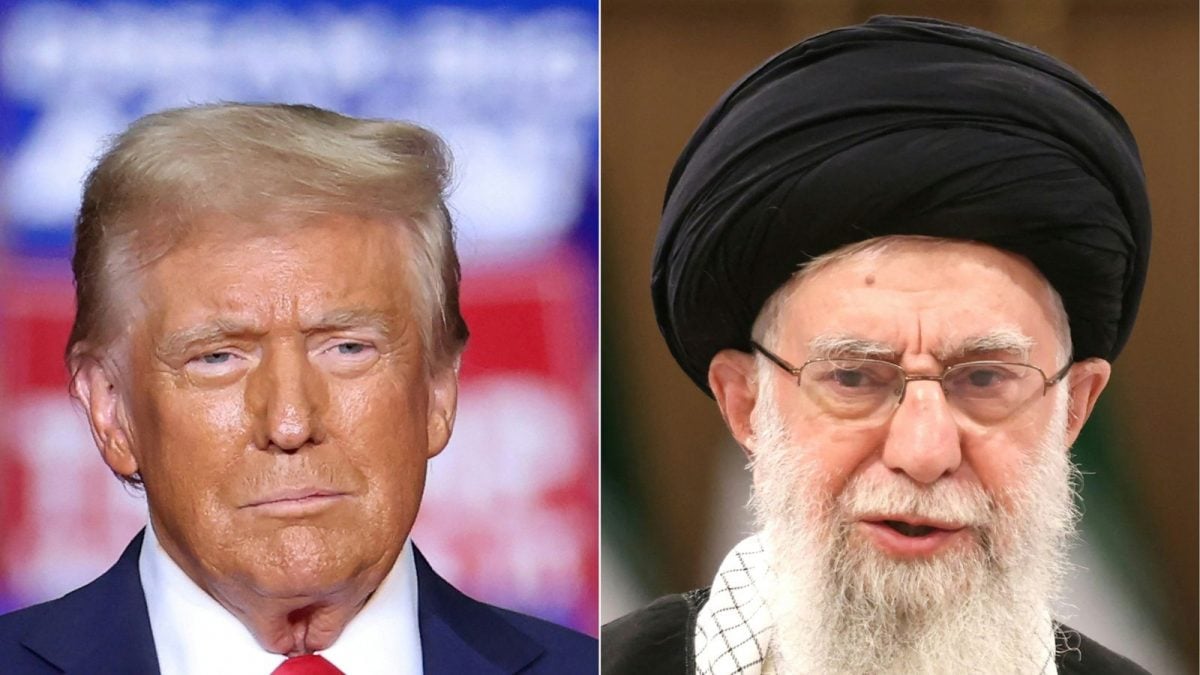ARTICLE AD BOX
 Several Israeli companies have partnered and formed joint ventures with Indian companies and that will also help keep supplies to India going despite the war. (AP Photo/File)
Several Israeli companies have partnered and formed joint ventures with Indian companies and that will also help keep supplies to India going despite the war. (AP Photo/File)
The ongoing Israel-Iran conflict may not have an immediate impact on Indian military hardware and maintenance support, except if it turns into another protracted conflict lasting several months, officials closely monitoring the conflict told The Indian Express on Sunday.
“The war is too new as of now to show any displayable impact on Indian military spares or hardware,” a senior military official said, adding that any diversion of weapons stock could take place in the instance of a long-drawn conflict.
This is significant as India is actively working on replenishing much of its Israeli-origin weapons which were extensively used in Operation Sindoor against Pakistan last month.
Over the last decade, India has purchased from Israel a range of military equipment and weapons including missiles, unmanned aerial vehicles, sensors and radars, air defence systems, and small arms.
Many of these Israeli weapons and platforms—particularly loitering munitions and air defence systems—were used in Operation Sindoor launched by India inside Pakistan last month.
This includes SkyStriker loitering munitions, Heron and Searcher UAVs, Derby Beyond Visual Range Air to Air Missiles, SPICE 2000 guided bombs, Spike anti-tank guided missiles, Spyder surface-to-air missile system, Barak 8 air defence system, and Negev light machine guns and network radio communication equipment.
Several Israeli companies have partnered and formed joint ventures with Indian companies and that will also help keep supplies to India going despite the war. “A range of high-precision engineering companies in India carrying out contract manufacturing for Israelis is likely to ensure sustenance of Israeli-origin equipment remains unaffected,” an official said.
Story continues below this ad
This is in contrast with the impact another major ongoing global conflict—the long-drawn-out Russia-Ukraine war— initially had on Indian military spare supplies and delayed delivery schedule of the S-400 Triumf long-range surface-to-air missile system units.
Officials explained this was because many of the big platforms in the Indian military such as fighter aircraft, transport aircraft, warships, air defence systems, and small arms are of soviet origin, requiring huge maintenance support from Russia, compared to the Israeli military hardware India has acquired over the years. The impact was significant even as India had started the maintenance of many Soviet-era military equipment indigenously.
Another big factor that affected Russian military supplies to India was that the country was facing the Countering America’s Adversaries Through Sanctions Act (CAATSA) in 2017. Russia was subjected to more stringent economic sanctions from the West after the war started.
The Indian Air Force used the Israeli SPICE 2000 guided bombs in the Balakot air strikes in February 2019. The Army has procured advanced Heron drones from the country in the last two years to amplify surveillance along the Line of Actual Control amid the military standoff with China.
Story continues below this ad
According to data from the Stockholm International Peace Research Institute (SIPRI), Israel was the world’s eighth largest arms exporter in 2020–24, accounting for 3.1 per cent of global arms exports. The single-largest importer of Israeli arms was India at 34 per cent, followed by the US at 13 per cent and the Philippines at 8.1 per cent.



.png)
.png)
.png)
























 English (US) ·
English (US) ·